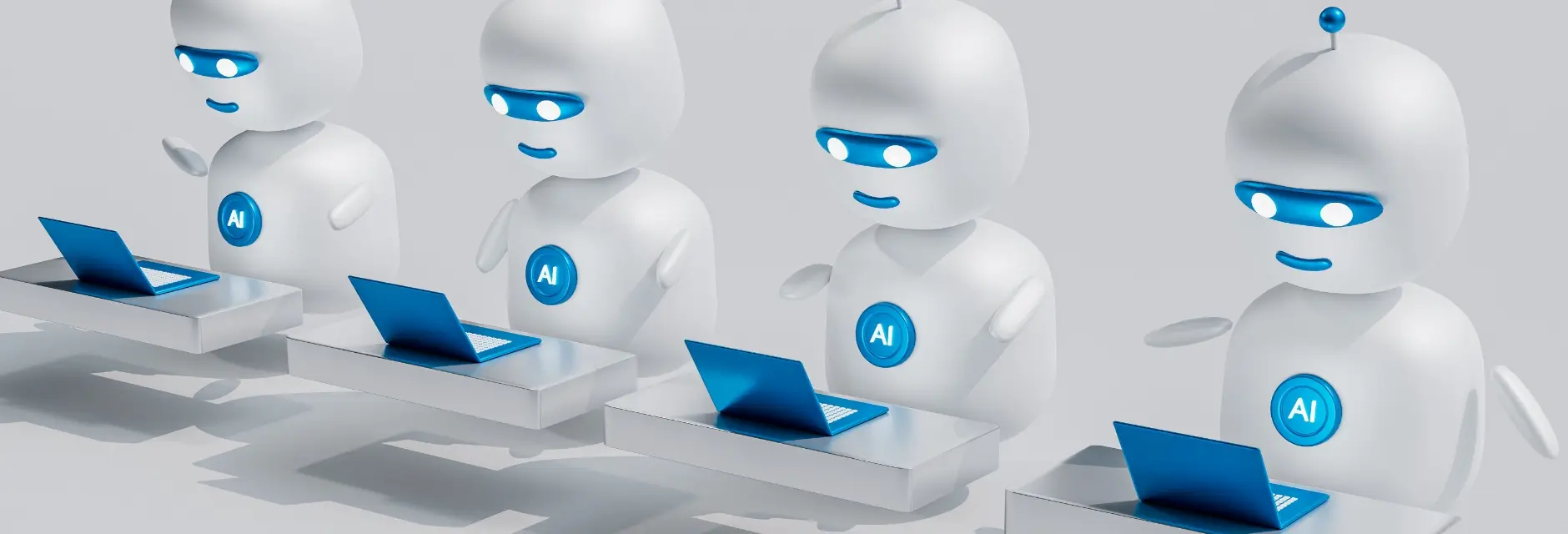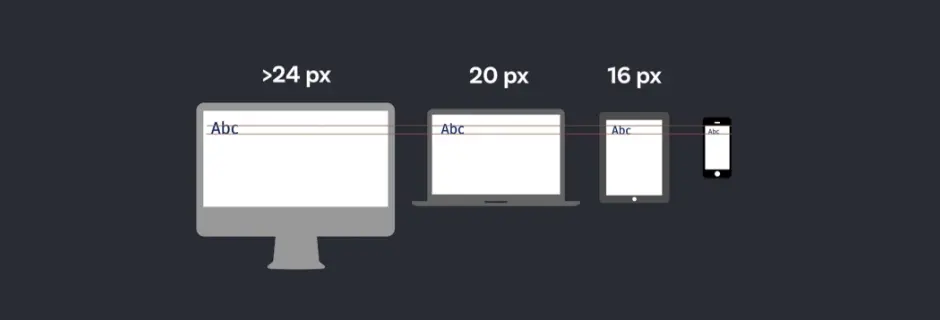The Advantages of AI Website Generators
AI website generators provide several significant advantages that streamline the process of creating and managing websites. These benefits make them an appealing option for a wide range of users, from individuals with no coding experience to seasoned developers and designers.
Speed and Efficiency
AI website generators can significantly speed up the website creation process. They can automatically generate code, layouts, and designs based on user input, reducing the need for manual coding and design work. This allows developers and designers to create websites in a fraction of the time it would take using traditional methods.
Ease of Use
AI website generators often feature user-friendly interfaces that require little to no coding knowledge. This makes them accessible to a broader range of users, including those without technical backgrounds. Non-technical users can create professional-looking websites without the need to learn complex coding languages.
Consistency and Professionalism
AI-generated websites often maintain a consistent and professional design throughout. AI algorithms can ensure that design elements, typography, and layout are cohesive and visually appealing, resulting in a polished and high-quality website.
Customization
Many AI website generators allow for customization based on user preferences. Users can input their branding, color schemes, and content, and the AI will generate a website that aligns with their specific needs and style.
Responsive Design
AI website generators can automatically generate responsive designs that adapt to various screen sizes and devices. This ensures that the website looks and functions well on desktops, tablets, and smartphones, without the need for manual adjustments.
Cost Savings
Traditional website development and design can be expensive, especially for small businesses or individuals. AI website generators can significantly reduce costs by eliminating the need for hiring web developers or designers.
Quick Prototyping
AI website generators are useful for rapidly prototyping website ideas. Businesses and individuals can quickly create a mock-up of a website to visualize concepts, test user interfaces, and gather feedback before committing to a full-scale development project.
Automated Updates
Some AI website generators offer automated updates and maintenance features. This can help keep the website's design and functionality up to date without manual intervention, saving time and effort.
SEO Optimization
Certain AI website generators come with built-in SEO optimization tools that can help improve a website's visibility in search engine results. These tools can suggest keywords, optimize meta tags, and provide guidance on content structure to enhance search engine rankings.
Scalability
AI-generated websites can be easily scaled up or down as needed. Whether you're creating a simple personal blog or a complex e-commerce site, AI generators can handle a wide range of website types and sizes.
The Advantages of AI Website Generators
Despite the advancements in AI technology, AI website generators are not without their limitations, particularly when compared to the creative prowess of human designers. While AI algorithms can efficiently analyze data to identify user patterns, they might fall short in capturing the nuanced intricacies of human behavior, preferences, and emotions, which are vital components in creating engaging and personalized user experiences. Additionally, the reliance on pre-existing templates and patterns might restrict the creativity and originality that human designers bring to the table, leading to a risk of websites looking generic and lacking in uniqueness. Here are some of the limitations of AI in web design:
Lack of Creativity and Originality
AI can generate designs based on patterns and data it has been trained on, but it may struggle to create truly original and creative designs that human designers can come up with. AI lacks the ability to think outside the box and inject unique artistic flair into designs.
Understanding Complex User Needs
AI might have difficulty understanding complex and nuanced user needs, preferences, and emotions. It may not fully comprehend the context, cultural aspects, or the emotional impact of design choices, which can result in designs that don't resonate well with users.
Limited Contextual Understanding
AI might struggle to understand the broader context of a project, such as the specific goals, objectives, and branding guidelines of a business. This could lead to designs that are not aligned with the company's identity or objectives.
Responsive Design Challenges
While AI can assist in creating initial designs, ensuring that those designs are responsive across various devices and screen sizes requires human intervention. AI might not be able to predict all the possible scenarios and interactions that can occur in different contexts.
User Experience (UX) Considerations
Design is not just about aesthetics; it's also about providing a positive user experience. AI may not fully grasp the intricacies of UX design, which involves understanding user behavior, psychology, and usability principles to create intuitive and effective interfaces.
Cultural and Diversity Factors
Design often needs to cater to diverse audiences with varying cultural backgrounds. AI may not adequately account for cultural nuances and sensitivities, potentially leading to designs that are inappropriate or ineffective for certain user groups.
Inability to Replace Human Judgment
Web design often involves subjective decisions that require human judgment. AI might not be able to fully replace the expertise and intuition of human designers when it comes to making critical design choices.
Learning from Limited Data
AI models learn from the data they are trained on. If the training data is limited or biased, the AI's design recommendations could also be limited or biased. Human designers can bring a broader perspective and challenge potential biases.
Constantly Changing Design Trends
Design trends and user preferences evolve over time. AI might struggle to keep up with rapidly changing design aesthetics and may not always produce designs that align with current trends.
Integration Challenges
Integrating AI-generated designs into existing design workflows and tools can be complex and may require additional development efforts. This can hinder the seamless collaboration between AI and human designers.






